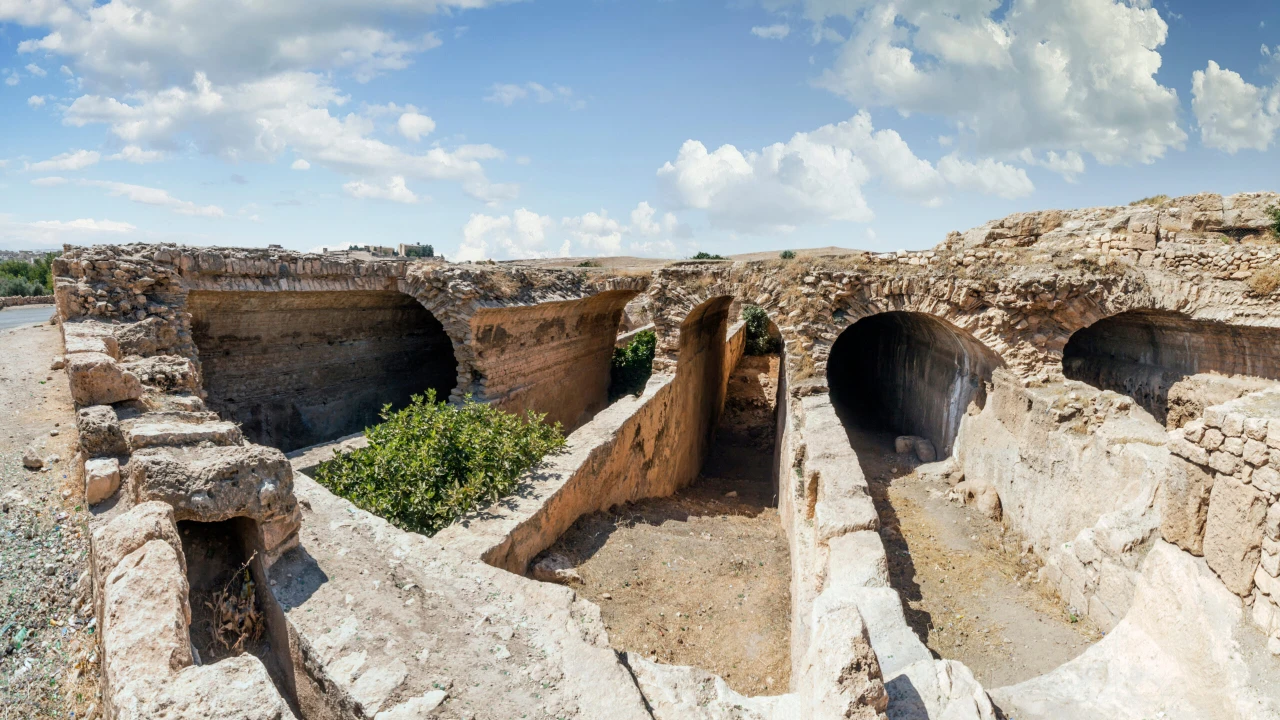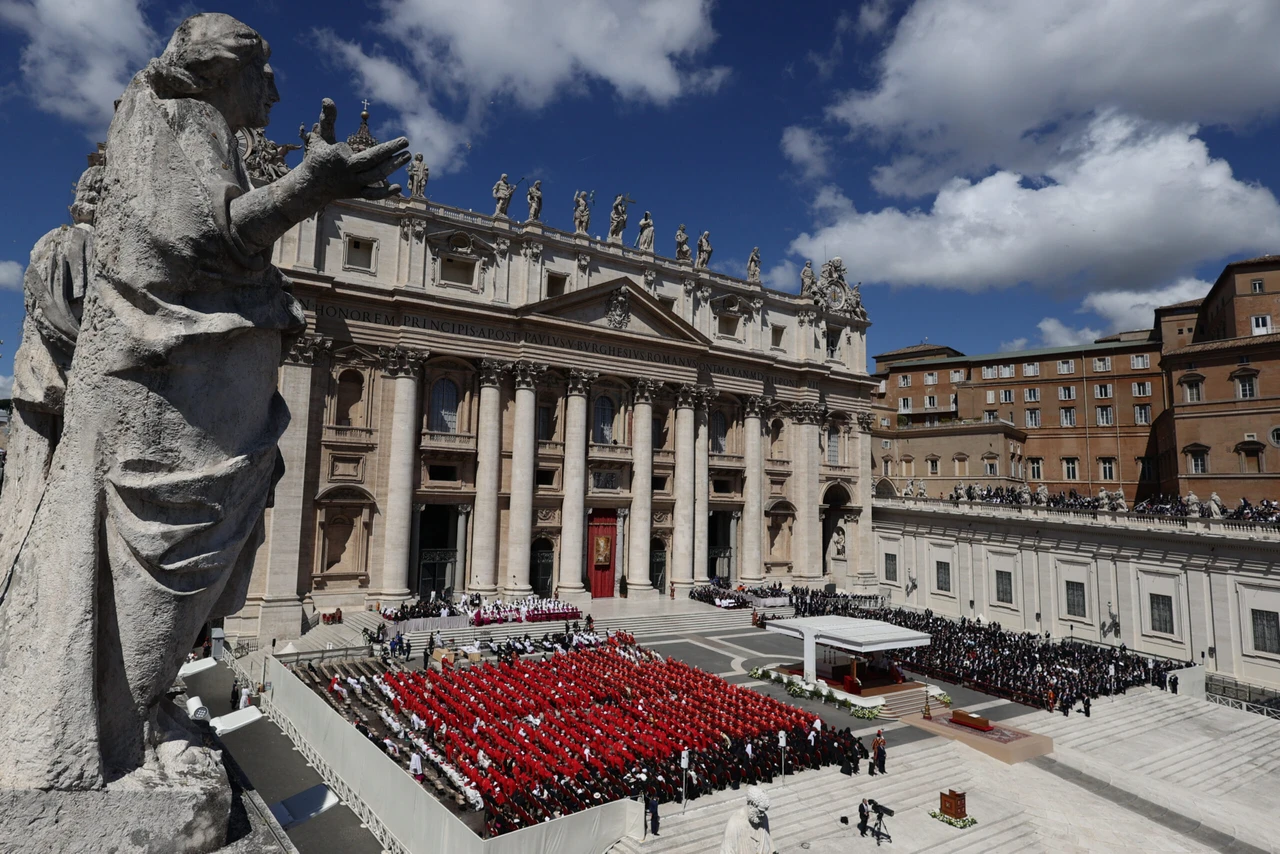Syria will stop calling Ottomans ‘occupiers’ per new curriculum
 A pre-Baath Syrian flag, now used by the Syrian opposition, hangs in a heavily damaged classroom after a barrel bomb hit a school in Syria's northern city of Aleppo Saif al-Dawla district, where control is split between the Syrian regime and opposition. (AFP PHOTO / BARAA AL-HALABI)
A pre-Baath Syrian flag, now used by the Syrian opposition, hangs in a heavily damaged classroom after a barrel bomb hit a school in Syria's northern city of Aleppo Saif al-Dawla district, where control is split between the Syrian regime and opposition. (AFP PHOTO / BARAA AL-HALABI)
Following the fall of the 61-year-long Baath regime, Syria’s new administration has implemented a series of reforms, including significant changes to the national education curriculum. Among the most notable revisions is the removal of the term “Ottoman Occupation” from history textbooks, replacing it with “Ottoman Administration.”
The Ministry of Education, established after the revolution, introduced these updates as part of a broader effort to restructure the educational system and reflect a more balanced historical perspective.
Curriculum adjustments reflect new perspective
The updated curriculum has revised several controversial phrases, aiming to align the content with the new administration’s values and ideological stance. Changes include replacing “Ottoman Occupation” with “Ottoman Administration,” altering references to “Martyr of the Homeland” to “Martyr in the Path of God,” and describing governance as “God’s Sharia” instead of “Laws of Justice.” Phrases emphasizing sacrifice for the homeland were rewritten to highlight religious devotion, and “Human Brotherhood” was redefined as “Faith Brotherhood.”
The changes are described as going beyond mere terminology, reflecting broader ideological and religious values.
Removal of Baathist legacy
In addition to linguistic revisions, the reforms have targeted visual and symbolic elements associated with the previous regime. Images of the Assad family, which were prevalent in textbooks, have been removed. Schools will now adopt Islamic greetings such as “Salam Alaikum” during morning assemblies.
References to lotteries, interest rates, and deities from ancient cultures, including Aramaic gods and goddesses, have also been eliminated.
Broader context
The move has been well-received by the Turkish public, which had long criticized the previous regime’s portrayal of the Ottoman era. By framing the Ottoman rule as administration rather than occupation, Syria’s new government appears to be seeking a more neutral stance on historical narratives and regional relations, while not provoking the region’s societies against each other.
Similar debates over curriculum content were highlighted in 2016 when the Assad regime altered history textbooks to redefine Ottoman conquests. The changes included replacing terms like “Conquest of Constantinople” with “Seizure of Constantinople” and downgrading Sultan Mehmed II’s title from “Mehmed the Conqueror” to “Mehmed II.”
The new changes in the curriculum indicate an effort to erase remnants of Baathist influence and reframe Syria’s historical and cultural identity. They also align with broader religious and ideological shifts under the new administration.
What future brings
Syria’s educational reforms mark a turning point in the country’s post-revolution reconstruction. While the revisions aim to create a more unified national identity, they also underscore Syria’s shifting geopolitical and ideological landscape.
Observers will continue to monitor how these changes impact regional relations and whether they foster reconciliation or further entrench divisions. The reforms have already sparked debate, with some describing the changes as radical and questioning their broader implications for Syria’s identity and governance.



